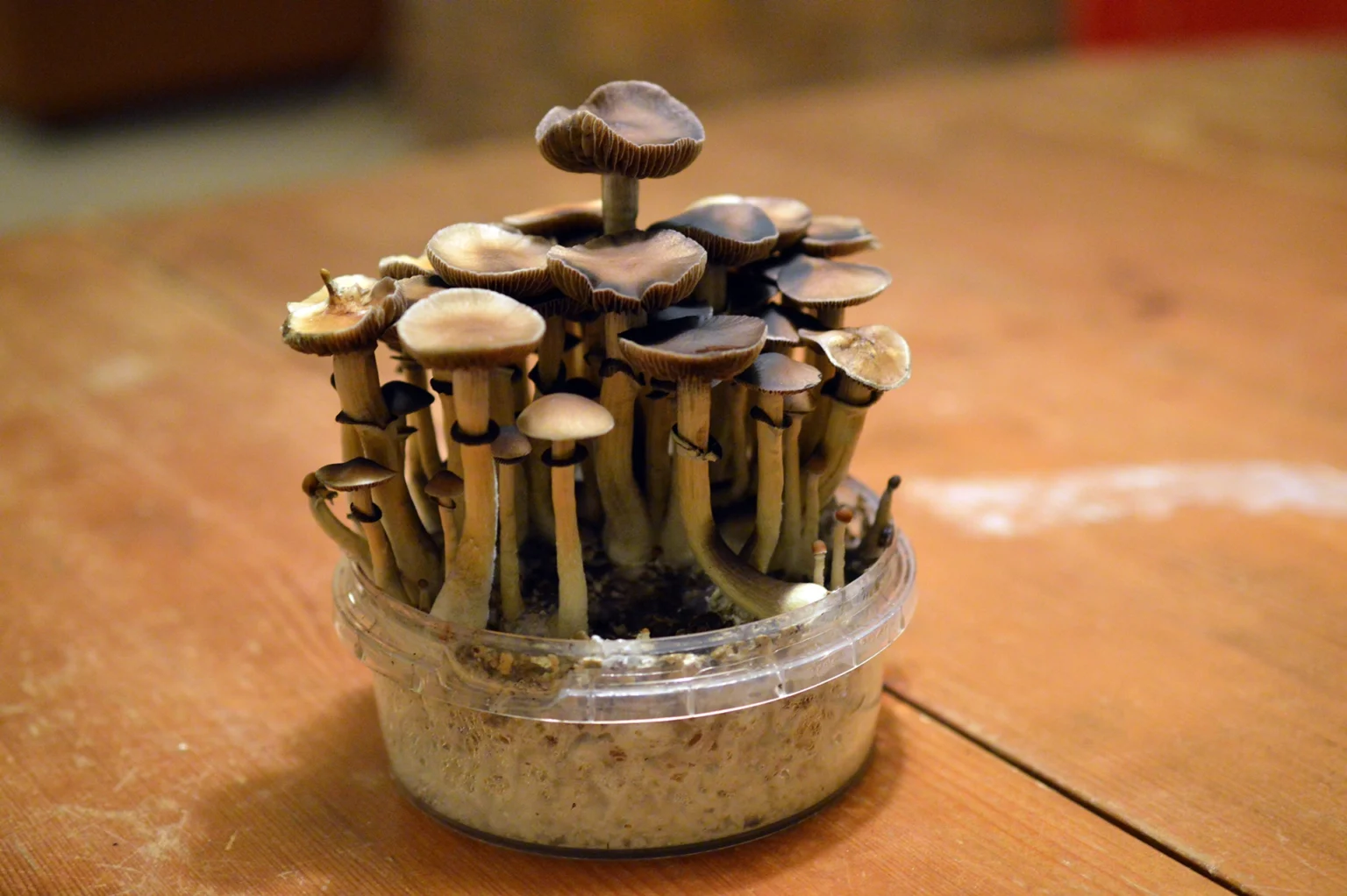Can Psychedelics Reduce Migraines?

PREMIUM CONTENT for MEMBERS ONLY
“One of the most fascinating findings is the potential of these substances, specifically psilocybin, to relieve migraines.”
Migraines are a debilitating condition that affect more than 10% of the U.S. population. Despite the prevalence of this condition, treatments are highly variable in their efficacy, and a cure remains unavailable. However, recent research has shed light on a potential new avenue for relief: psychedelics. With a revival in the study of hallucinogenic drugs such as LSD, psilocybin, and MDMA, there’s growing evidence of their potential therapeutic effects on various conditions, including depression, anxiety, PTSD, and addiction disorders. One of the most fascinating findings is the potential of these substances, specifically psilocybin, to relieve migraines.
Over the past few years, psychedelics research has experienced a dramatic resurgence. Studies have indicated that these hallucinogenic drugs, especially when taken in moderate doses, can offer lasting therapeutic benefits for those with specific conditions, such as depression and anxiety, in cancer patients. A 2020 study published in the Journal of the American Society for Experimental Neurotherapeutics has suggested that these significant benefits might also extend to migraine sufferers. While the evidence is still in its early stages, it’s promising and could pave the path for novel migraine treatments.
“The pain feels like a screwdriver drilling inside your head.”
But before delving deeper into the research, let’s first understand the gravity of migraines. Ranked as the world’s sixth most debilitating illness, migraines are more than just severe headaches. As described by a 29-year-old migraine sufferer, the pain feels like “a screwdriver drilling inside your head.” Current treatments range from prescription drugs to over-the-counter medications and home remedies. However, the efficacy of these treatments varies, and some come with undesirable side effects.
“The reduction in migraines wasn’t directly correlated with the intensity of the psychedelic effects, suggesting that even a small dose could be beneficial.”
Anecdotal evidence has hinted at the potential of psychedelics, like LSD and psilocybin, in preventing or alleviating migraines. To test this theory, researchers at the Department of Psychiatry, Yale School of Medicine, led by Emmanuelle A. D. Schindler, conducted a placebo-controlled study published in the Journal of the American Society for Experimental Neurotherapeutics. In this study, migraine sufferers received a dose of pure synthetic psilocybin, while others were given an oral placebo capsule. The results were promising. In the two weeks following the psilocybin dose, there was a significant reduction in weekly migraine days by an average of 1.65 days/week, whereas the placebo group showed a reduction of 0.15 days/week. Additionally, psilocybin outperformed the placebo in reducing weekly migraine attacks, pain severity, and other measures. Notably, the reduction in migraines wasn’t directly correlated with the intensity of the psychedelic effects, suggesting that even a small dose could be beneficial without needing a full psychedelic experience. Furthermore, while the time to the first migraine attack after administration was statistically similar between psilocybin and placebo, the time to the second migraine attack was significantly longer after psilocybin administration.
“The efficacy of these drugs might be related to mechanisms unrelated to their psychoactive effects.”
Apart from recent studies, even past research has shown intriguing results. In 2006, Dr. Sewell’s research group at the Biological Psychiatry Laboratory and Clinical Research Laboratory at McLean Hospital/Harvard Medical School published a study in the Journal Neurology that explored the efficacy and safety of LSD and psilocybin in treating severe headache disorders. Their findings revealed that many patients suffering from episodic and chronic cluster headaches reported significant relief after using sub-hallucinogenic doses of psilocybin or LSD. Interestingly, a single dose of LSD could induce remission of a cluster period, suggesting that the efficacy of these drugs might be related to mechanisms unrelated to their psychoactive effects. Among the subjects in this study, 32 with episodic cluster headaches used sublingual psilocybin during cluster attacks, with 17 finding it effective in aborting attacks. Additionally, 29 subjects used psilocybin prophylactically during a cluster period; 15 reported it as effective in causing total cessation of attacks, while 12 reported partial efficacy. Five of six LSD users reported cluster period termination. For the 21 subjects with chronic cluster headaches, 5 of 7 reported that psilocybin aborted a cluster attack; 10 of 20 reported that psilocybin induced a complete termination of cluster attacks, and 8 reported partial efficacy.
“As research continues, psychedelics may soon play a pivotal role in the search for effective treatments for a range of debilitating conditions.”
While the findings are encouraging, more research is needed to fully understand psilocybin’s ability to suppress migraines and its safety. Both sample sizes in the previously mentioned studies were relatively small, typical for exploratory, proof-of-concept investigations. Hence larger sample sizes are needed to confirm these promising results. Additionally, psychedelics, such as psilocybin and LSD, have shown potential not only in the treatment of migraines but also in addressing other chronic conditions, including anxiety, depression, and post-traumatic stress disorder. As research continues, psychedelics may soon play a pivotal role in the search for effective treatments for a range of debilitating conditions.

Richard Tirado is a recent graduate from UCLA, where he majored in Biology and minored in Anthropology.
✓ This article was reviewed and approved by Emeran Mayer, MD